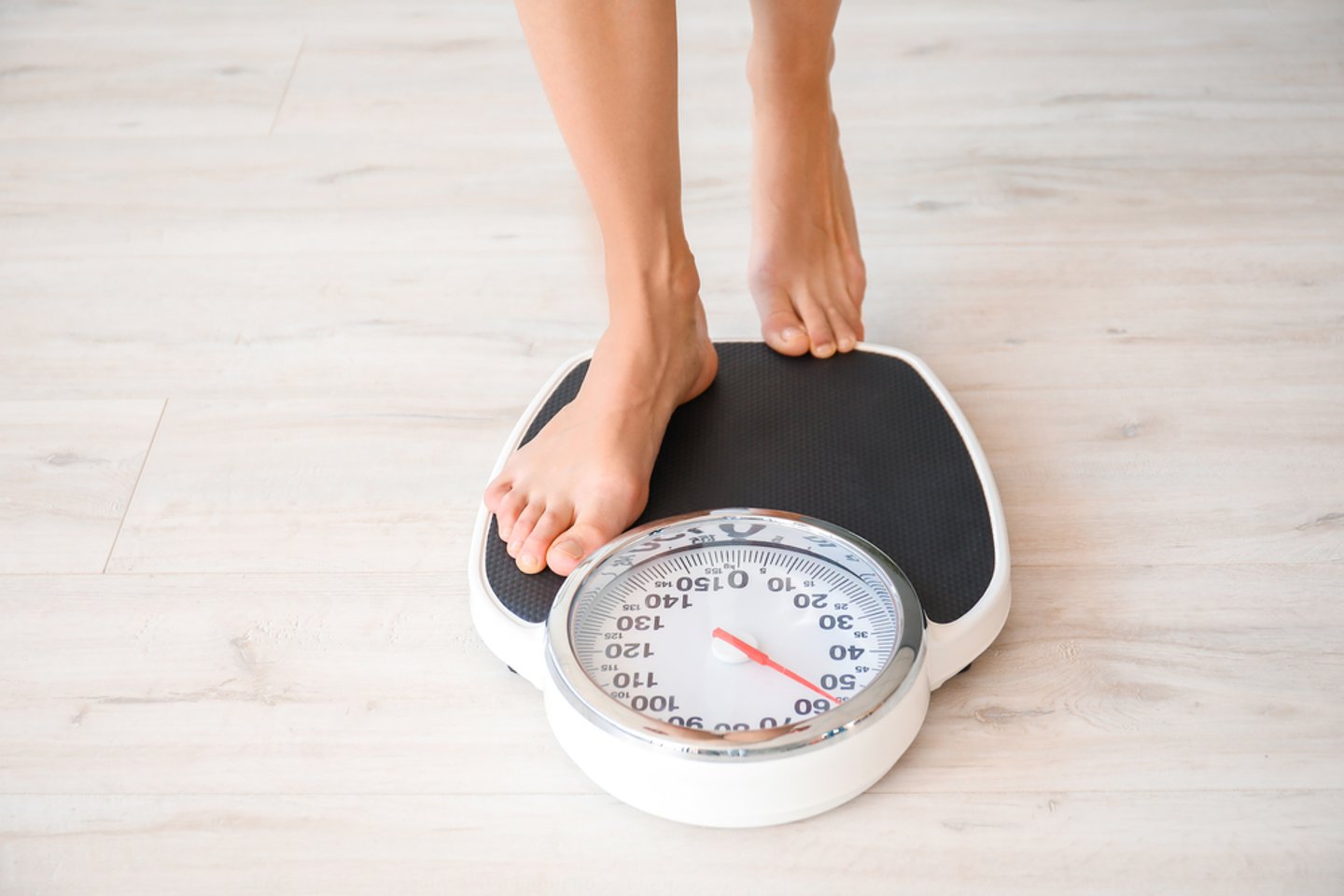The Negative Impact of Weight Loss Drugs on Grocery Sales
One of the bigger trends of 2023 is taking a bite out of grocery sales. The popularity of weight-loss drugs such as Ozempic and Wegovy, which fall under the GLP-1 class of medications, are curbing appetites, along with some food purchases.
According to new research from data and tech company Numerator, consumers using GLP-1 medications tend to spend less on groceries than those who are not using such medications. A survey of 100,000 panelists found that buy rates within the overall grocery sector dropped 3.9% on a year-over-basis among consumers who have never used such medications; in comparison, the buy rate fell 11% among consumers who are taking those medications to lose more than 15 pounds and decreased 7.7% among those who are on the drugs to lose 15 pounds or less. People who use these medications to control diabetes reported a 2.6% decline in buy rates.
[Read more: “Opportunities Ahead for Boosting Grocery Foot Traffic”]
Numerator dug into purchase types among users of these medications. Of the consumers who take drugs for weight loss of 15 pounds or more, the buy rate of snacks was down 7%, while the rate for ice cream dipped 3% and the rate for frozen foods sales declined by 6.7%. Comparatively, the year-over-year buy rate among consumers who take such meds to control diabetes was down 2.1% for snacks and 0.9% for frozen foods but actually up 3.9% for ice cream.
Dr. Leo Feleer, chief economist at Numerator, said that growing clamor for such drugs for weight loss purposes has implications for grocers and CPGs across sectors like snacks and desserts. "We are in early stages," he explained. “A year ago, almost all users of these medications were using it for diabetes management, and only 10% were using it for weight loss. Now, almost 50% of those using these medications are doing so for weight loss. Right now, with all of the increase we've seen in people using these medications, there are another 20% of households saying they're interested in taking these medications for weight loss in the future – they're just waiting for prices to come down and to see how safe and effective these medications are."
Anne-Marie Roerink, principal at insights firm 210 Analytics in San Antonio, Texas, shared her thoughts on the effect of weight loss drugs on buying habits. “Estimations are that around 5 to 7% of American adults are using a drug like Ozempic or Wegovy. Developed for Type 2 Diabetes, it’s important to keep in mind that weight loss may or may not be the driving factor of taking these drugs,” she told Progressive Grocer in a recent interview, adding that there are other factors at work. “As such, people dealing with diabetes may have already had to change their choices in the snack and dessert categories to address diabetes. For those who are taking these drugs primarily to lose weight, shopping choices may be affected by the drugs’ impact on suppressing cravings or hunger.”
According to Roerink, while some shoppers who are prescribed such drugs may be cutting back on certain grocery purchases as their appetite wanes, many are also mindful of the big picture. “Snacks and dessert categories are typically part of treat or snack moments, not meal replacements. Ice cream, cupcakes, donuts, etc. are often rooted in total well-being, which many consumers believe to be just as important as making nutritious and healthful choices in other meal occasions. If we think about why most diets ultimately fail, it often lies in being too restrictive to keep it up for a sustained period of time, especially if it comes with a $1,000 per month price tag,” she pointed out.
Roerink continued, “Today’s mindset lies much more in balanced eating than demonization, with even strongholds like the Keto diet being replaced with a focus on protein but not total elimination of carbs. Even during the height of the Keto, Paleo and Atkins diets, snack and bakery categories did just fine, which is an important indicator that most people will make more balanced choices, but are unlikely to exit categories.”
[Read more: "Keto-Friendly and Functional Items Dominate Bread Category"]
Retailers have also spoken out about if and how weight loss drugs are influencing behaviors. In October, Walmart U.S. President and CEO John Furner said in an interview with Bloomberg News that the company is seeing a “slight pullback in overall basket” and “less units, slightly less calories” among shoppers who are taking medications like Wegovy and Ozempic, among other drugs.
This week, Walmart, Inc. President and CEO Doug McMillon affirmed that the retail giant is keeping tabs on how these trends are playing out. “What we can see big picture is that there’s some shifting in categories as people think about losing weight,” he said in an interview with CNBC. “They buy more fresh foods, for example. So, there’s some movement around, but I can’t call what’s going to happen in the long term. That’s a developing story.”
CPGs are feeling the ripple effect, too. In an earnings call in October, Conagra Brands' CEO Sean Connolly reported the company is monitoring the expanded use of weight loss medications. "If we end up seeing changes in consumer eating patterns, let's say they go to smaller portions, (then) we design smaller portions," he remarked.
Nestlé, meantime, revealed in one of its recent earnings calls that it is looking at adding to its portfolio in the wake of these trends. “For the time that patients spend on these drugs and after, we are already developing a number of companion products,” said CEO Mark Schneider. “The goal will be to address the risk of malnutrition and the loss of lean muscle mass while on the GLP-1 therapy and to avoid or limit weight rebound after the therapy. These innovations are right in our wheelhouse, where we can bring our deep understanding of nutritional science and appropriate supplementation to the table.”






